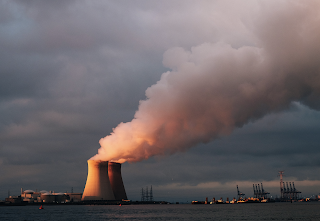On June 16-17, the European Union Center will co-host a workshop in Pavia, Italy to discuss the current U.S.-centric hegemonic paradigm of racialization in light of alternative spaces and temporalities. With the support of a Transatlantic Research Partnership grant from the
FACE Foundation, EUC Director Emanuel Rota, together with Claire Bourhis Mariotti (Associate Professor of African American History, University of Paris 8-Paris Lumières) and Mauro Nobili (Associate Professor of History, University of Illinois, Urbana-Champaign), are carrying out a multi-year project titled “Racialization: A Plurality of Paradigms?”. The project aims to deprovincialize the perspective provided by Critical Race Theory and test its assumptions within the multiracial and multicultural context of the pre-modern and postmodern Mediterranean, before and after the emergence of racial regimes.
The workshop in Pavia will involve 17 scholars from 13 institutions in France, Italy, Turkey, and the U.S., and it will be followed by a workshop in summer 2024 to be held on the UIUC campus. We invite you to visit the newly-launched
project website and to reach out to us if you are interested in getting involved.

EUC to Co-host Summer Workshop in Pavia, Italy on Paradigms of Racialization








.png)




